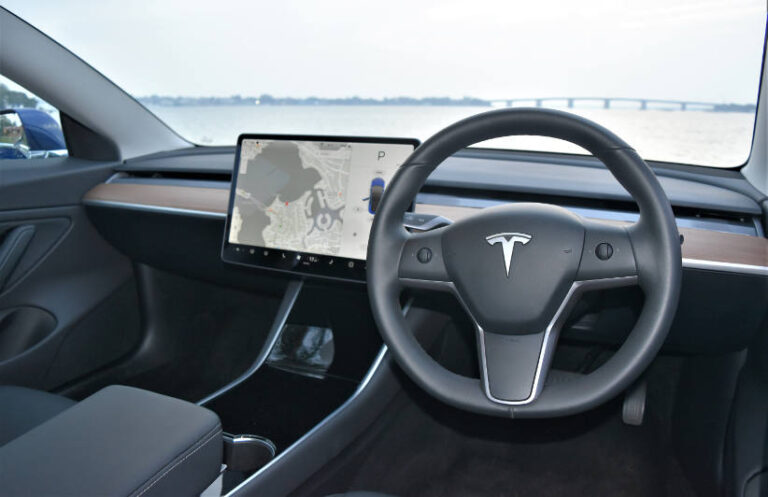With Tesla making a regular appearance in the Top 5 each month, electric vehicles are losing their novelty appeal and gaining acceptance with a wider range of new car buyers. And the shackles of supply constraints look to be broken with 84,873 vehicles delivered during the first month of 2023, which represents a 11.9 per cent increase on the same period in 2022.
“This data is the best January result since 2018 and shows that the industry is continuing to recover following years of supply chain disruption and delay,” FCAI Chief Executive Tony Weber said.
The Tesla Model 3 was the third highest selling car in the market. This is the first time a pure battery electric model has been ranked so highly. In addition, the MG ZS, which includes battery electric variants, and the Mitsubishi Outlander which includes plug-in hybrid variants were also in the top 10.
Sales of battery electric, hybrid and plug-in hybrid vehicles accounted for 12.28 per cent (10,426) with battery electric vehicles representing 5.71 per cent (4,852).
Sales were up across all buyer types. Private sales increased by 8.6 per cent; business (13.6 per cent), government (0.5 per cent) and rentals (31.9 per cent).
The consumer preference for larger vehicles has continued, with sales of SUVs (46,698) and Light Commercial vehicles (18,546) accounting for 76.9 per cent of total vehicles sold.
Sales across all States and Territories were up. The ACT increased by 18.6 per cent with 1,394 vehicles sold; New South Wales, 15 per cent (26,484); Queensland, 14.3 per cent (18,766); South Australia, 11.9 per cent (5,786); the NT, 7.8 per cent (665); Victoria, 9.7 per cent (22,367); Western Australia 4.3 per cent (7,901) and
Tasmania, 2.9 per cent (1,510).
Toyota led the market with a total of 13,363 vehicles sold. Mazda was second with 9,407, followed by Ford (6,624), Kia (6,006) and Hyundai (5,809).
The top 5 new cars in January 2023 were:
- Ford Ranger 4,749 (Produces an estimated 2.63 tonnes of CO2 per vehicle, per annum**)
- Toyota’s Hi-Lux – 4,131 (Produces an estimated 2.73 tonnes of CO2 per vehicle, per annum**)
- Tesla’s Model 3 – 2,927 (Produces an estimated 0 tonnes of CO2 per vehicle, per annum**)
- Mazda’s CX-3 – 2,417 (Produces an estimated 1.75 tonnes of CO2 per vehicle, per annum**)
- Mazda’s CX-5 – 2,189 (Produces an estimated 2.21 tonnes of CO2 per vehicle, per annum**)
** The CO2 information is from the Green Vehicle Guide.






